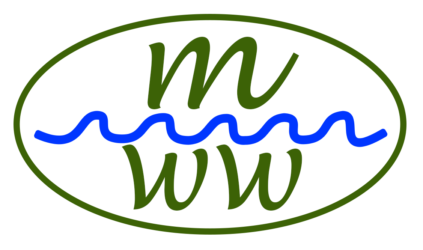A post on Front Porch Forum yesterday suggested that maybe BLSG “ran out of money because of the lawsuit this year and weren’t able to larvicide as usual.”
There is no evidence that BLSG’s decision not to do aerial larvicide treatment this year is a result of the lawsuit. BLSG could not afford to do aerial larvicide treatment in all the District towns last year either. They could afford to treat only 3000 of the 6000 treatable acres in the District in the spring of 2018, and that was well before the lawsuit began.
Last summer, the leadership of BLSG was aware that they would likely not have enough money for aerial larvicide treatments this year. This is documented in the minutes of the BLSG Board of Directors meeting on June 7, 2018. In a discussion about the budget at that meeting the minutes state “This means NO larvicide program in 2019.” That meeting happened before the lawsuit was filed on June 13 and before anyone at the meeting knew anything about the lawsuit.
So the BLSG has not had enough money for adequate larvicide treatments for at least a couple of years. The funds for aerial larvicide treatments are supplied by the state, and the state transfers the money only when they see an invoice related to aerial larvicide treatment. The funds provided by the member towns are used for the roadside spraying of adulticides and for general operation, including legal expenses. This arrangement suggests that the lawsuit should not have impacted the larvicide program.
When BLSG fails to treat the mosquito breeding grounds with larvicide, it also fails to do integrated pest management, which specifies that toxic adulticides be used only after all other reasonable control measures have been done. BLSG’s permit requires that they will follow the protocols of integrated pest management. A generous interpretation of the permit suggests that BLSG should not be allowed to do roadside spraying of adulticides this year because they have not done all other reasonable control measures.
BLSG has been put in a very difficult position. The state has given them a permit which requires that they follow the protocols of integrated pest management but fails to provide enough funding to follow those protocols. This untenable situation should not be allowed to continue.
Two paragraphs from the board meeting minutes for June 2018 (last year) are below.
4. The current Grant will end June 30, 2018 the District did not agree for it to be extended until June 30, 2019. This means that Invoices #25 for $42,000 and #27 for $6,152.92 totaling $48,152.98 will not be paid until after July 1, 2018. The State is telling us that the $48,152.98 will be deducted from the 2018-2019 Grant of $70,000 leaving us with $21,847.08 until June 30, 2019. We could use these funds for larvicide product and labor until we have zero dollars. This means NO larvicide program in 2019 until the possible 2019-2020 Grant that would begin on July 1, 2019.
5. Because of funding problems the larvicide program was inadequate for this season, the District will need to do more adulticiding. Hopefully we have enough money to get through Fall of this calendar year. This will cause more tension for the District with individuals who do not agree with the adulticide program.

